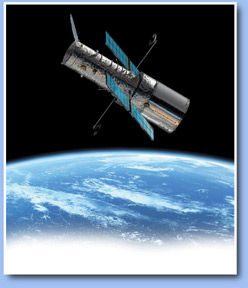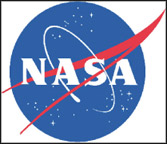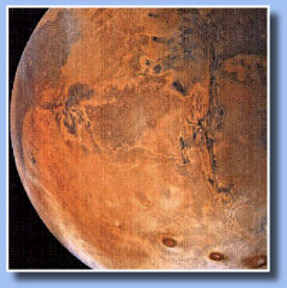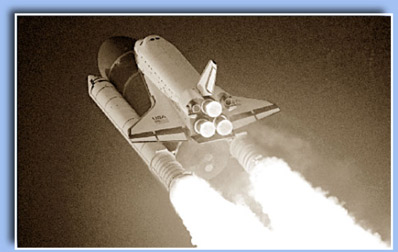 Pramod de Silva
 I didn’t and couldn’t know it at the time, for the simple reason that
I was to be born exactly a month later, but Man made a giant leap on
July 21, 1969. Yes, He stepped on the Moon for the first time in human
history. Neil Armstrong strode on the inhospitable lunar surface,
uttering the famous words “that’s one small step for (a) man, but a
giant leap for Mankind”. I didn’t and couldn’t know it at the time, for the simple reason that
I was to be born exactly a month later, but Man made a giant leap on
July 21, 1969. Yes, He stepped on the Moon for the first time in human
history. Neil Armstrong strode on the inhospitable lunar surface,
uttering the famous words “that’s one small step for (a) man, but a
giant leap for Mankind”.
 That was 40 years ago. Several more lunar missions followed until
1972, including the ill-fated Apollo 13. The lunar landings captivated
the entire world and gave way to a flurry of unmanned space missions to
the farthest regions of the universe. The next target for a manned space
mission is our ‘sister’ planet Mars. But there is no indication of a
definite time frame yet. That was 40 years ago. Several more lunar missions followed until
1972, including the ill-fated Apollo 13. The lunar landings captivated
the entire world and gave way to a flurry of unmanned space missions to
the farthest regions of the universe. The next target for a manned space
mission is our ‘sister’ planet Mars. But there is no indication of a
definite time frame yet.
Today, many nations are engaged in space missions, but the pioneer of
space exploration was NASA - the National Aeronautics and Space
Administration of the USA, along with its Soviet counterpart. During the
heady days of the Cold War, only the two superpowers were rich enough to
afford the foray into space.
A short article cannot do justice to NASA’s contribution to space
exploration.
Even as we write, several NASA probes are traversing the unfathomable
depths of outer space and at least one is carrying a message from
Mankind to any intelligent being in the Universe. Should an alien
civilization ever intercept these craft, they will learn a lot about the
world we live(d) in, for chances are that humankind would be long gone
by then.
While it is perfectly possible for Man to step onto Mars in the
foreseeable future, Star Trek type manned space exploration is certainly
far, far away.
Hence NASA’s preference for unmanned space probes, which have become
our eyes and ears in the universe. Could there be life on Titan, or on
any other planetary body in the solar system or beyond? Perhaps a NASA
probe could answer that question. A positive answer will settle once and
for all the age-old question - Are we alone in the Universe?
NASA’s space telescope has given us a glimpse into the very corners
of the known universe, which was impossible with Earth-bound telescopes.
We have witnessed the birth and death of stars, the magnificence of
nebulae and massive intergalactic events through its lens.
  NASA’s Space Shuttle program and the International Space Station had
largely been a success, except for the Challenger disaster, but all
space missions are fraught with risk. Right now, astronauts are engaged
in a program on cardiovascular health which could benefit their
Earth-bound human beings. NASA’s Space Shuttle program and the International Space Station had
largely been a success, except for the Challenger disaster, but all
space missions are fraught with risk. Right now, astronauts are engaged
in a program on cardiovascular health which could benefit their
Earth-bound human beings.
Many NASA innovations have found their way to our homes.
NASA always has to answer the question ‘Is it worth it ?’ . Shouldn’t
these funds be used to address the current problems (such as poverty) in
our world? We should turn the searchlight inwards for the answer.
Man has an insatiable appetite to explore. And by exploring the
universe around us, we might ultimately be able to solve these problems
as well. Mankind will one day leave his planet when it is no longer
hospitable. Today’s NASA space missions are the foundation for that
quest. As the world celebrates the 40 th anniversary of the lunar
landing, we must remember the brave men and women who risked their lives
to make that possible. |

